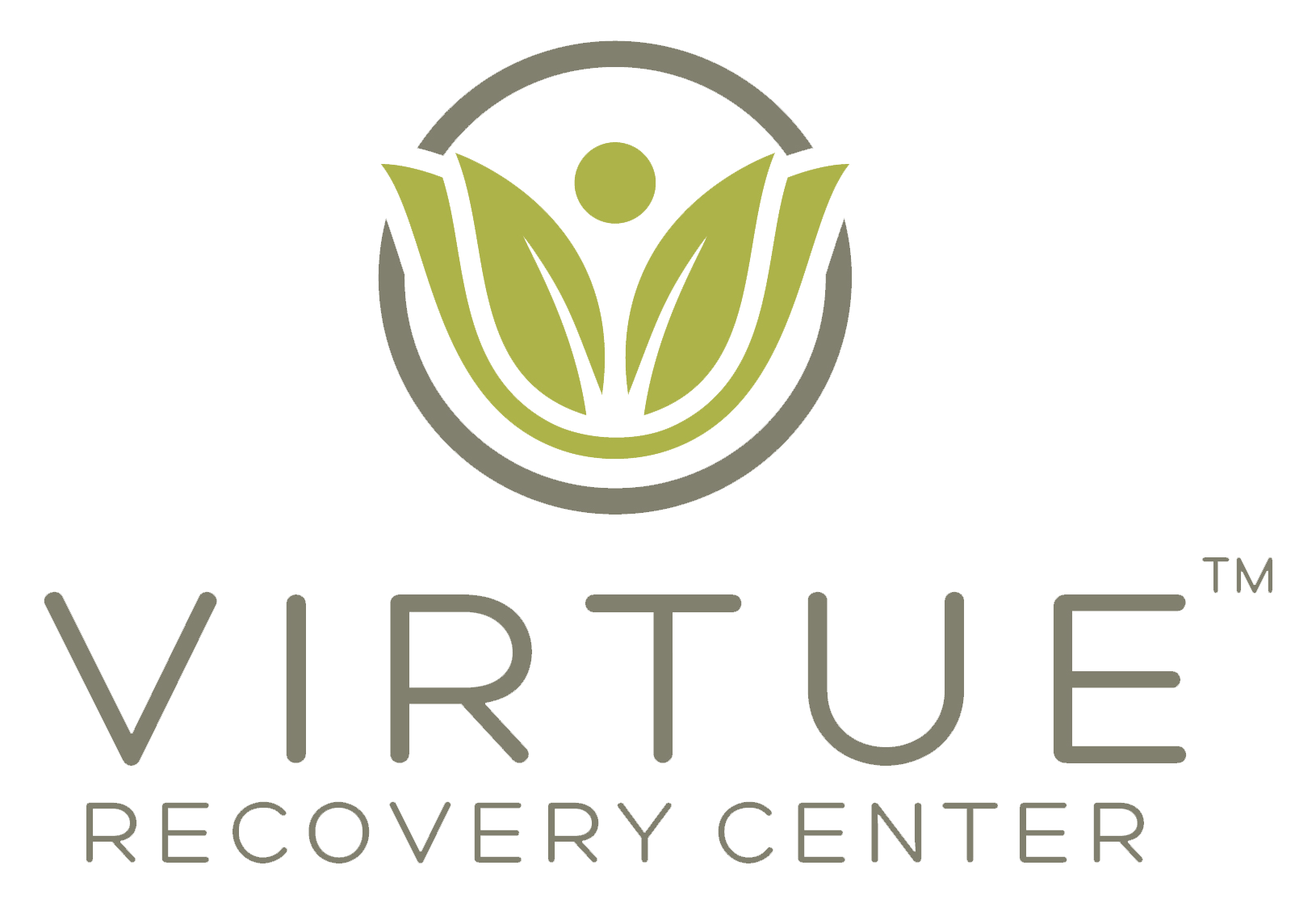Tiefling virtue names have become a cornerstone of character creation in Dungeons & Dragons (D&D). These names, which reflect the ideals, values, or aspirations of Tiefling characters, are more than just labels—they are a way to express identity, culture, and personality. Whether you're a seasoned Dungeon Master or a newcomer to the world of tabletop role-playing games, understanding Tiefling virtue names can elevate your storytelling and character development. This article dives deep into the origins, meanings, and cultural significance of Tiefling virtue names, providing you with everything you need to craft a memorable and meaningful character.
Tieflings, as a race, are known for their infernal heritage and complex relationship with morality. Their virtue names, often chosen to reflect their inner struggles or triumphs, serve as a bridge between their darker origins and the ideals they strive to embody. These names are not just random words but are steeped in meaning, often tied to philosophical concepts, moral values, or personal aspirations. By exploring these names, players can add depth to their characters and create a richer narrative experience.
In this article, we will explore the origins of Tiefling virtue names, their cultural significance, and how they fit into the broader lore of D&D. We'll also provide examples, tips for choosing the perfect virtue name, and insights into how these names can enhance your role-playing experience. Whether you're looking for inspiration for your next campaign or simply want to deepen your understanding of Tiefling culture, this guide has you covered.
Read also:Rainbow Friends Tickle The Ultimate Guide To Laughter Fun And Connection
Table of Contents
Introduction to Tiefling Virtue Names
Tiefling virtue names are a unique aspect of their culture, often chosen to reflect the ideals they wish to embody. Unlike traditional names, which are typically given at birth, virtue names are adopted later in life, often during significant milestones or moments of self-realization. These names are deeply personal and serve as a reminder of the values or aspirations that guide a Tiefling's life.
The concept of virtue names is rooted in the Tiefling's struggle to reconcile their infernal heritage with their desire to live a virtuous life. Many Tieflings choose names that represent qualities such as courage, wisdom, or compassion, as a way to distance themselves from the negative stereotypes associated with their lineage. For example, a Tiefling who has overcome great adversity might adopt the virtue name "Resilience" to symbolize their strength and perseverance.
Why Virtue Names Matter
- Identity and Self-Expression: Virtue names allow Tieflings to define themselves on their own terms, rather than being defined by their infernal heritage.
- Cultural Significance: These names are a reflection of the Tiefling's unique culture and their ongoing struggle for acceptance in a world that often fears them.
- Role-Playing Depth: For players, choosing a virtue name can add layers of complexity to their character's backstory and personality.
Origins and Cultural Significance
The tradition of adopting virtue names is believed to have originated from the earliest Tiefling communities, who sought to distance themselves from the dark influences of their infernal ancestors. By choosing names that represented positive qualities, Tieflings hoped to create a new identity that emphasized their humanity over their demonic heritage.
Over time, this practice evolved into a cultural norm, with many Tieflings adopting virtue names as a rite of passage. These names are often chosen during significant life events, such as coming of age, achieving a personal goal, or undergoing a spiritual awakening. The act of choosing a virtue name is seen as a declaration of intent, a way for Tieflings to publicly affirm their commitment to living a virtuous life.
The Role of Virtue Names in Tiefling Society
In Tiefling society, virtue names are more than just labels—they are a reflection of one's character and values. These names are often used in formal settings, such as during ceremonies or when addressing elders, and are considered a mark of respect. Tieflings who bear virtue names are often seen as role models within their communities, embodying the ideals that others strive to achieve.
Examples of Tiefling Virtue Names
Here are some examples of Tiefling virtue names, along with their meanings and potential role-playing implications:
Read also:Box Braids With Purple The Ultimate Guide To Making A Bold Fashion Statement
- Courage: Represents bravery and the ability to face fear head-on. A Tiefling with this name might be a fearless adventurer or a warrior who fights for justice.
- Grace: Symbolizes elegance and poise. This name could suit a Tiefling bard or diplomat known for their charm and diplomacy.
- Hope: Reflects optimism and a belief in a better future. A Tiefling with this name might be a healer or a visionary leader.
- Justice: Represents fairness and a commitment to upholding the law. This name could be fitting for a Tiefling paladin or judge.
Choosing a Name That Fits Your Character
When selecting a virtue name, consider your character's backstory, personality, and goals. A name that aligns with your character's values will not only enhance their identity but also provide opportunities for meaningful role-playing moments.
How to Choose a Virtue Name
Choosing the right virtue name for your Tiefling character requires careful consideration. Here are some tips to help you make the best choice:
- Reflect on Your Character's Journey: Think about the challenges your character has faced and the values they hold dear. A name that reflects their journey can add depth to their story.
- Consider Their Role in the Party: Your character's name should complement their role in the party. For example, a healer might choose a name like "Mercy," while a rogue might opt for "Stealth."
- Keep It Simple and Memorable: A virtue name should be easy to remember and pronounce, both for you and your fellow players.
Examples of Long-Tail Keywords
When brainstorming virtue names, consider using long-tail keywords that incorporate specific qualities or ideals. For example, "Tiefling virtue name for a healer" or "Virtue name meaning wisdom" can help you find inspiration and ensure your name aligns with your character's traits.
Tiefling Virtue Names in Role-Playing
Incorporating virtue names into your role-playing can enhance your character's interactions and relationships within the game. For example, a Tiefling with the virtue name "Compassion" might be more inclined to help others, even at great personal cost. This name can serve as a guiding principle for their actions and decisions, adding depth to their personality.
Virtue names can also be a source of conflict or tension, especially if a character struggles to live up to the ideals their name represents. This internal struggle can create compelling storylines and opportunities for character growth.
Using Virtue Names in Dialogue
When addressing a Tiefling by their virtue name, other characters might show respect or admiration, depending on the context. For example, a fellow adventurer might say, "Your courage inspires us all, Resilience," acknowledging the Tiefling's bravery and leadership.
Famous Tiefling Characters
Here are some examples of famous Tiefling characters from D&D lore, along with their virtue names and notable traits:
- Minsc: Known for his virtue name "Kindness," Minsc is a beloved character who embodies compassion and loyalty.
- Liliana: With the virtue name "Wisdom," Liliana is a cunning and resourceful sorceress who uses her intelligence to outwit her enemies.
Biodata of Tieflings
| Attribute | Description |
|---|---|
| Race | Tiefling |
| Heritage | Infernal |
| Common Virtue Names | Courage, Grace, Hope, Justice |
Resources and References
To further explore the world of Tiefling virtue names, consider consulting the following resources:
- Player's Handbook (5th Edition): The definitive guide to D&D character creation, including Tiefling lore.
- Campaign Settings: Books like "Sword Coast Adventurer's Guide" provide additional context for Tiefling culture and naming conventions.
Conclusion
Tiefling virtue names are a powerful tool for character creation, offering players a way to express their character's values, aspirations, and identity. By choosing a name that reflects their ideals, players can add depth and meaning to their role-playing experience. Whether you're a seasoned adventurer or a newcomer to the world of D&D, understanding the significance of virtue names can help you craft a character that is both memorable and meaningful.
We hope this guide has inspired you to explore the rich world of Tiefling virtue names. If you found this article helpful, please share it with your fellow players or leave a comment with your thoughts. Happy adventuring!

